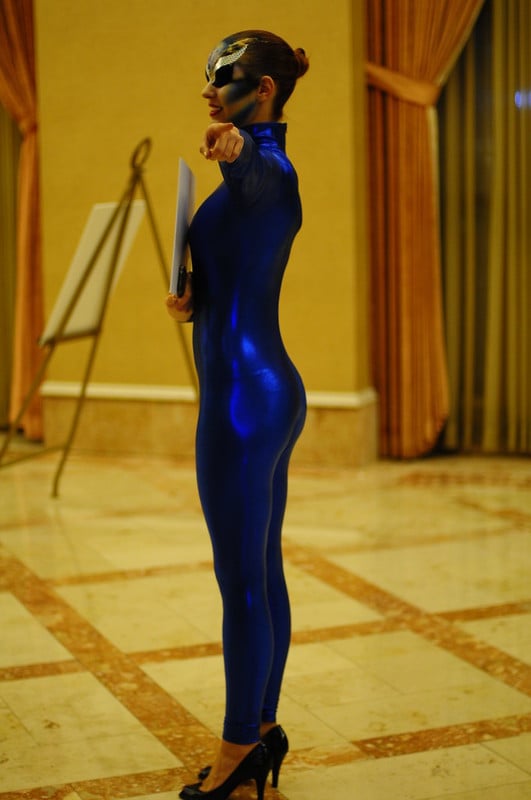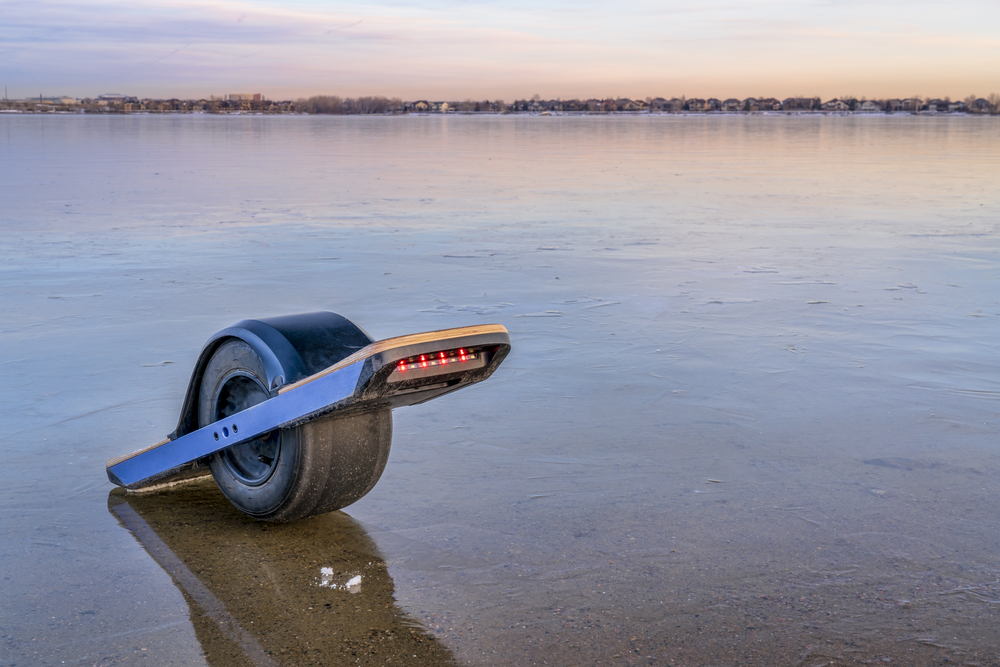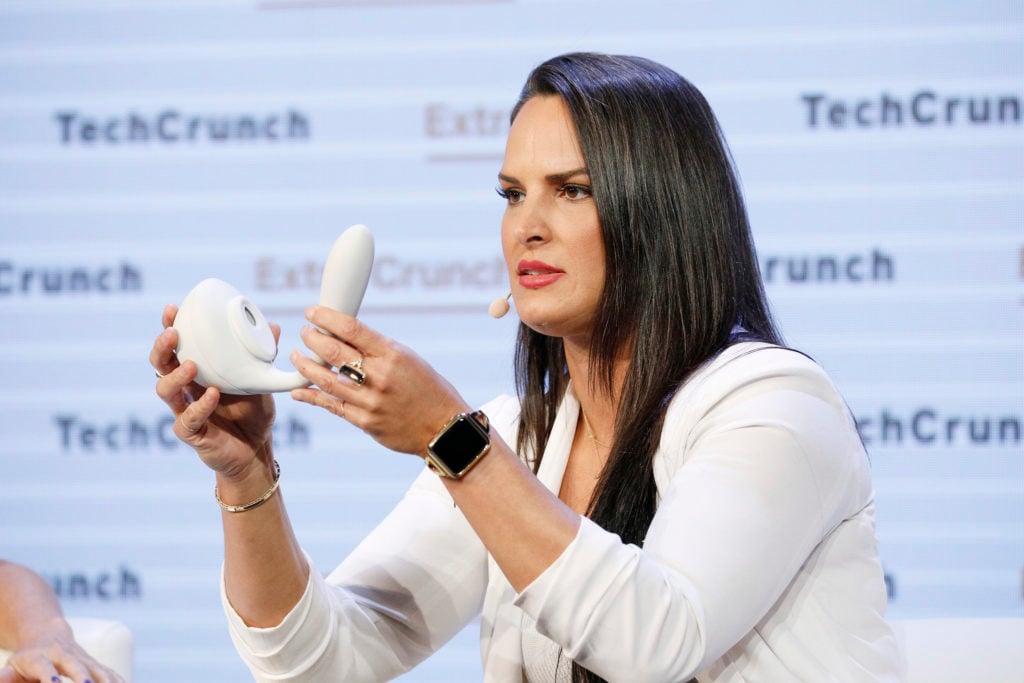Every year, the Consumer Electronics Show (CES) is held in Las Vegas. The show, organized by the Consumer Technology Association (CTA), is famous for its product launches. For some, it is also known for its occasional vaporware, such as the Saygus V2 smartphone and the Ampstrip fitness tracker that never went beyond the show’s exhibition stands.
As an event that attracts a substantial amount of media coverage, the CES has sometimes made the headlines for its controversies. We look at some of the headlines that may have left the organizers of the show a bit uncomfortable in the last 10 years.
The Spokesmodels of CES
Since its early days, the CES has always had beautiful women (known technically as “CES Guides” and more commonly as “booth babes”) and recently, good-looking young men, whose duty is to stand beside the tech wonders and look great. An article published by The Atlantic reports that these “babes” have been “the subject of controversy and nerd fantasy alike” over the years (Source).
The BBC reports that some women at the 2012 CES “expressed their frustration at the scantily-clad ‘booth babes’ hired by some companies to promote their stalls” (Source).
A 2019 article in The Telegraph reports that the CES has finally agreed to ban the “booth babes.” According to the article, the CES updated its policy to reflect that workers at company booths “may not wear clothing that is sexually revealing, or that could be interpreted as undergarments” (Source).
However, the same Telegraph article indicates that even though the organizers insisted that the “babes” had been banned, it didn’t take a genius to realize that “female models and dancers in revealing clothing were still in use at many stalls to promote products” after the ban (Source).

The 2013 CBS Veto and the Award that never was
In 2013, when editors from CNET, the company responsible for running the 'best of' awards on behalf of CES decided that the prize should go to Dish's Hopper with Sling, the legal team at CNET's parent company, CBS, would have none of it. The reason had nothing to do with the fact that Dish's Hopper with Sling did not deserve the award. Instead, it had to do with the fact that CBS had an ongoing legal suit against Dish (Source).
And the Vaporware
The tech website CNet.com produced an article in 2015 about some gadgets that attracted attention at that year's show, only to vanish “off the face of the map” (Source). Examples of such products include the Saygus V2 smartphone, the AmpStrip fitness tracker, and the Zano drone, among others.
The Story of the Hidden Hoverboard
A BBC report indicates that at CES 2016, US officials walked into the show and confiscated products from a Chinese hoverboard maker’s stand. The raid saw the Chinese firm, Changzhou First International Trade’s signs taken down too. A patent infringement claim had been filed by Future Motion Company, one of the Chinese firm's rivals based in Silicon Valley (Source).
The Chinese firm, however, denied the claims. The company said that it had created the product a long time ago and hidden it out of fear that it would be copied by competitors (Source).
An article published by the UK newspaper, The Irish Times, reports that Future Motion became aware of the Changzhou First International Trade product in 2015 when a user posted the product online. When the Future Motion executives checked the Chinese supplier, they discovered that the Chinese product was being sold at one-third of the price the US company was asking for (Source).
The Irish Times reports that after the “raid at CES, all the merchandise and signs had been stripped off the booth. The Chinese company’s staff sat around, unclear about what to do next” (Source).

A Solution for Speed and Red-light Cameras
At the CES 2017, a young entrepreneur, described by the website Planetanalog.com as a lover “of cars, amateur photography, and high-end audio and video setups,” arrived with a solution for speed and red-light cameras (Source).
According to Planetanalog.com, the technology “makes the license plate portion of the image too bright for the red-light camera's sensor to handle” (Source).
Some readers dismiss this technology outright: “Only a fool (or worse) would argue that running red lights isn't dangerous.” Others approve: “I have dreamt of making this very device, and I applaud the designers” (Source).
An All-Male Lineup and Ivanka Trump for a Change
Writing for Forbes, Carolina Milanesi, accuses the CES conference of sidelining women. “CES has not had a great track record over the years with women delivering keynotes on the main stage. Both in 2017 and 2018, the keynote lineups did not have a single woman included on the main stage” she writes (Source).
Milanesi says that when the CTA decided to introduce female keynote speakers in 2018, it was after a backlash. At the CES 2020, one of the keynote speakers was none other than Ivanka Trump. Milanesi suggests that Trump was invited as the “token woman appearance” used by the CTA to appease the powers in Washington (Source).
The “Immoral” and “Profane” Robotic Vibrator
When Lora DiCarlo, working with the Oregon State University’s robotics department introduced a robotic vibrator targeted at women at the CES 2019, the judges initially through that it should receive the CES innovation award in the robotic category. The same judges later revoked it. What happened? The CTA decided that the device was “immoral” and “profane” (Source).

The Cannabis Dispute
At the CES 2020, a cannabis tech company, Keep Labs, from Canada, was going to exhibit a smart cannabis storage device that it had won an innovation award for. However, the organizers informed Keep Labs that it could only display the product if it would omit any reference to cannabis. They were also asked not to use the product at the show. The firm would only showcase the product as a storage device. Following the CTA's strict guidelines, Keep Labs decided to pull out of the event (Source).
The CTA explained: “Marijuana is illegal at the federal level and in public parks and hotels in the state of Nevada. Keep Labs was able to exhibit under the terms they'd showcase their product as a home appliance or storage device — the category they submitted their innovation award for” (Source).
Read more in from the product industry:


